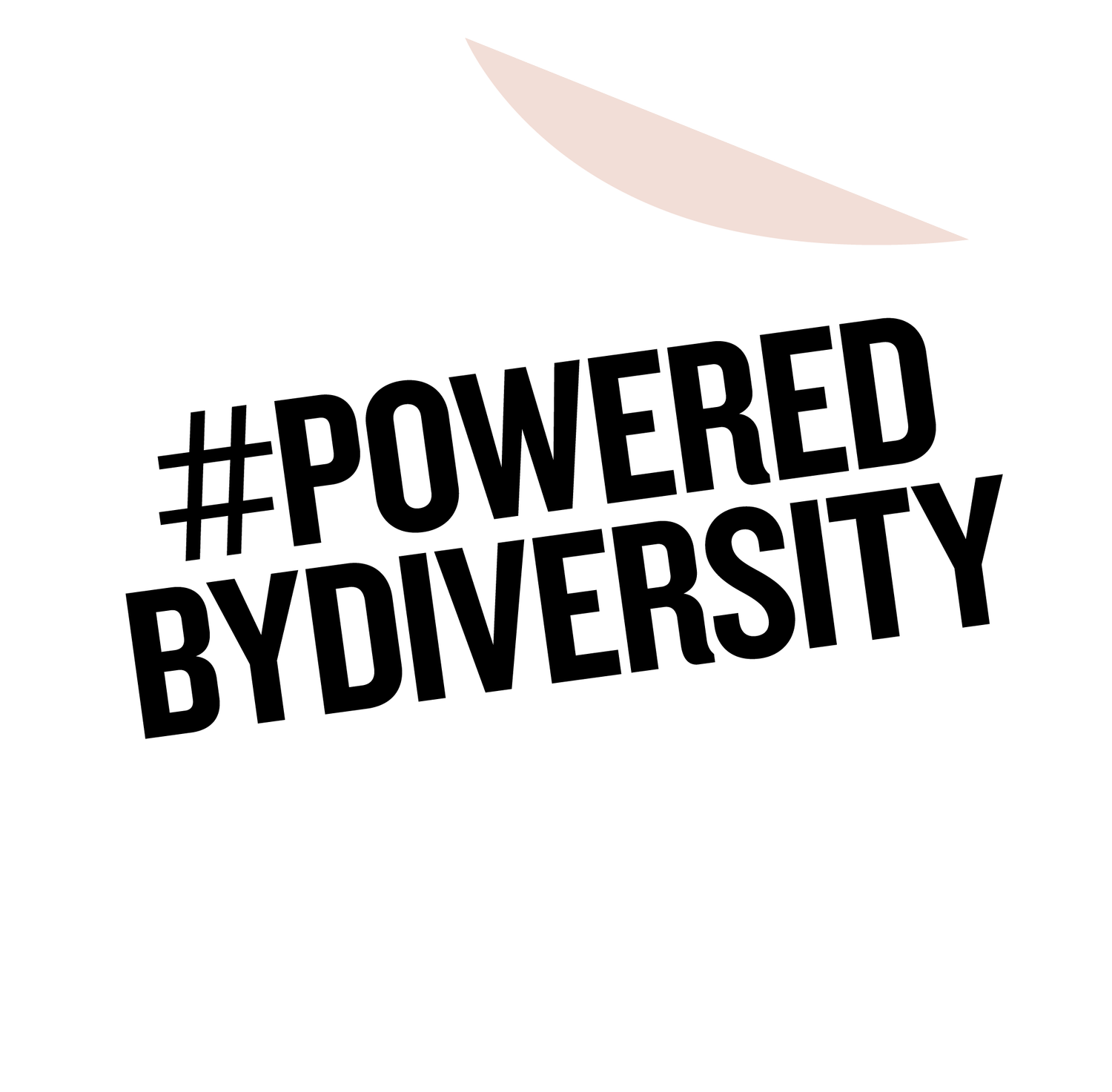Unpacking Islamophobia: An In-Depth Examination of Its Roots, Impacts, and Pathways to Change
Islamophobia, is a global challenge both inside and outside the workplace. In this article we explore three key factors including:
By Suraiya Rasheed, Powered By Diversity Collective
The causes of religious hate crime such as Islamophobia
Islamophobic rhetoric in politics and the press
How workplaces can address Islamophobia and support those impacted by it
One of the most distressing aspects of Islamophobia is the prevalence of hate crimes and acts of violence against Muslims. A religious hate crime is defined as ‘a crime, typically one involving violence, that is motivated by prejudice on the basis of an individuals religion or perceived religion’. It is important to note that it is not just Muslim’s that suffer from Islamophobia, but also those perceived to be Muslims. These incidents not only harm individuals but also have a damaging effect on entire communities.
Islamophobia attacks can be verbal, violent and even fatal, for example:
In 2013, two Muslims were murdered in Woolwich, London by a man who shouted "Allahu Akbar" as he carried out the attack.
In 2015, a Muslim woman was stabbed in the neck in Birmingham by a man who said he was "protecting his country from Muslims."
In 2017, a mosque in Finsbury Park, London was attacked by a man who drove a van into a crowd of worshippers, killing one person and injuring nine others.
In 2021, a Muslim woman was attacked and verbally abused by a group of men in London who called her a "terrorist."
As horrific as these examples are, Islamophobia feels almost like an inevitably. There is an engine of misinformation at work that spans all forms of media including television, news, social media, films, and books. This is coupled with a clear rhetoric of fear being shared by our politicians, accompanied by discriminatory policies, such as enhanced surveillence in Muslim communities is shaping public opinion, fueling hate, and influencing policy decisions. Both of these factors can be seen clearly in the reporting of, and language used by politicians, to talk about, the current unrest in the Middle East.
Given the prevalence and impact of Islamophobia, it is important that we acknowledge the personal strain this can have on individuals who face, witness and hear of such crimes. Especially when we expect the best of them in th workplace.
Here are some tips on how you can support your colleagues:
Equity, Diversity and Inclusion Programs: Implement equity, diversity and inclusion programs that promote tolerance, respect, and understanding of different cultural and religious backgrounds, including Islam. These programs can educate employees about the issues related to Islamophobia and the importance of fostering an inclusive environment.
Anti-Discrimination Policies: Establish strict anti-discrimination policies that protect employees from any form of discrimination, including Islamophobia. Make sure these policies are well-communicated, accessible to all employees and enforced fully.
Training and Sensitivity Workshops: Provide training and sensitivity workshops for employees to raise awareness about Islamophobia and help them recognize and combat it. These workshops can include open discussions and role-playing scenarios.
Reporting Mechanisms: Create a confidential and accessible reporting mechanism for employees to report incidents of discrimination or harassment. Ensure that these reports are taken seriously and handled promptly.
Faith based Employee Resource Groups: Encourage the formation of support networks or affinity groups specifically focused on faith. These groups can offer a safe space for sharing experiences and providing mutual support.
Cultural Awareness Initiatives: Promote cultural awareness initiatives that educate employees about different cultural and religious practices. Encourage events that celebrate diversity. In addressing the multifaceted issue of Islamophobia, workplaces have a crucial role to play in creating an inclusive and tolerant environment. By considering its causes and various strategies to combat it, we can work towards a society where people of all religious backgrounds feel safe and are treated with respect and dignity
About the author
Suraiya Rasheed is the founder of Diversity Diagnostics. She has spent the past 20 years designing world-class end-to-end inclusive talent management processes for multi-billion turnover global organisations. Suraiya’s expertise in business psychology, change management and, inclusion, enables quick identification of potential areas of bias and impactful solutions to make every step of the employee life cycle more inclusive.
Diversity Diagnostics supports organisations of all sizes to develop their knowledge and skills to improve equity, diversity, and inclusion at all levels.
Suraiya is also the co-founder of the United Muslim Community., a community-based project that focuses on bringing the Muslim community together to raise money for charity, have fun, and network.
About the Collective
The Powered By Diversity Collective works with Powered By Diversity to produce a wealth of lived experience playbooks, videos and other training materials to give businesses the tools to create a truly equitable, diverse and inclusive workplace.
Further materials (available though subscription to the Powered By Diversity award winning data platform)
Religious Inclusion and Religious Discrimination
An Allies' Guide to Anti-Racism for the Workplace (free resource)
What You Need to Know About Unconscious Bias
#IslamophobiaAwareness #IslamophobiaAwarenessMonth #ReligiousInclusion #InclusiveWorkplace

